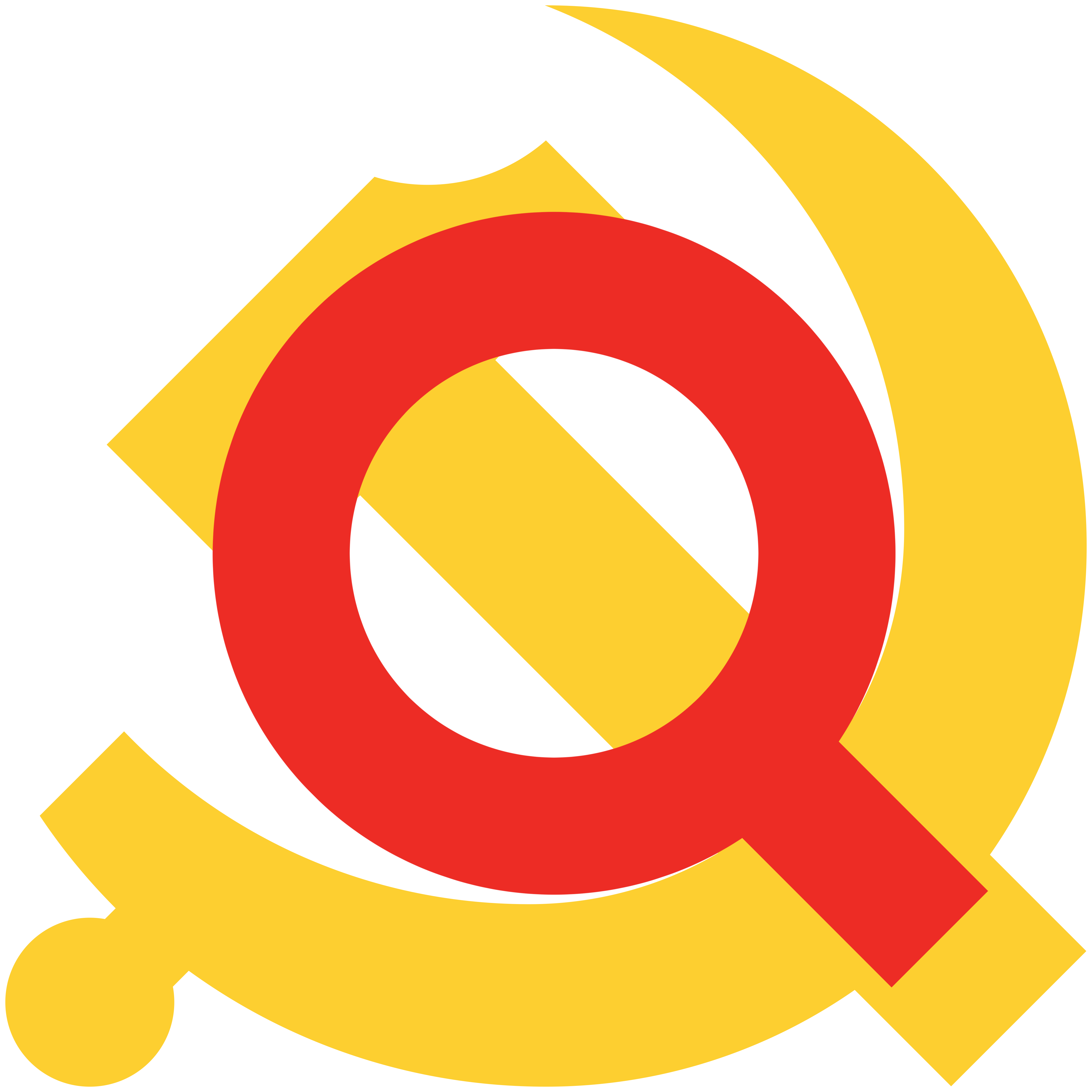Certainly locally, where I am
What does it mean to be a Marxist-Leninist? Answer this question first.
The population of China in 1949 was around 542 million, there were about 4.5 million CPC members at the time, around 0.83% of the population. Is every CPC member a Marxist-Leninist? How many people were MLs but not CPC members? Are you automatically ML if you support the CPC’s policies? Are there MLs who aren’t CPC members and don’t believe in Marxism?
The population of China as of 2023 is about 1.41 billion, there are 99.185 million CPC members, around 7% of the population. The same questions asked above can be asked here. How many MLs are there in China?
Here’s a long Chinese article about what it means to be a Marxist according to Mao Zedong: http://dangshi.people.com.cn/n/2013/1225/c85037-23943401.html
“You need to read at least five books to strengthen theoretical study. I recommend these five books to you: Communist Manifesto, “The Development of Socialism from Contopia to Science”, “Two Strategies of the Social Democratic Party in the Democratic Revolution”, “The Childish Disease of the Left” in the Communist Movement”, “The Communist Party (Bu) A concise course on the history of the party, here are all of Ma, En, Lie and Si. If 5,000 to 10,000 people read it and have a general understanding, it would be good and beneficial.” Mao Zedong’s Collected Works, Volume 3, Page 417)
The translation is wonky, but basically the five books recommended by Mao Zedong cover Marx, Engels, Lenin and Stalin.
- Marx/Engels, Communist Manifesto
- Engels, Socialism: Utopian and Scientific
- Lenin, Two Tactics of Social-Democracy in the Democratic Revolution
- Lenin, “Left-Wing” Communism: an Infantile Disorder
- Stalin, History of the Communist Party of the Soviet Union (Bolsheviks) Short Course
He mentioned them as part of a speech at the 7th CPC National Congress on May 31, 1945: (I omitted a large section in the middle as translating the colloquial phrases is hard and omitting them doesn’t
(DeepL translate, corrections in brackets) (12) The question of theoretical work
We have to absorb all the experiences of foreign parties and the Comintern, a question that was discussed last time. At least five books should be read in order to strengthen our theoretical studies, and I recommend them to you: The Communist Manifesto, [Socialism: Utopian and Scientific], [Two Tactics of Social-Democracy in the Democratic Revolution], [“Left-Wing” Communism: an Infantile Disorder], and [History of the Communist Party of the Soviet Union (Bolsheviks) Short Course], where the books of [Marx, Engels, Lenin, and Stalin] [are all included]. If 5,000 to 10,000 people have read them and have a general understanding of them, that would be good and useful. […] We should also pay close attention to the manifestos and programs of foreign parties published in the newspapers and see what they do. In the past the Comintern was of great help to the Chinese proletariat and the Chinese people, helping the Chinese proletariat to create the Chinese Communist Party, and it had a great deal of merit, as was stated in our party decision when the Comintern was dissolved.
Where did dogmatism come from? Did it come from [Marx, Engels, Lenin, and Stalin]? No. They often remind us in their writings that their doctrine is a guide to action, a weapon, not a dogma. What they say is not a dogma, but we read it and it becomes a dogma, and this is because we have not read it through and we do not know how to read it, so can we blame them? Many people do not attach importance to theoretical work, as if this work does not matter. It is not right to waver in one’s view of theoretical work. We should look up to those who are engaged in translation work and those who write theoretical articles, and we should talk to them more often. We can’t read foreign- books without those who engage in translation work, and they are very meritorious in translating foreign books, even if they have translated only one book in their whole life. It is not good that others do not attach importance to the idea of this work; it is equally not good that the comrades who do this work have themselves wavered in their understanding of it. Some people have more than once asked for a change of profession, saying that [the work is unpopular] and asked for other work. Don’t belittle the comrades who are engaged in translation. If we don’t engage in a little bit of foreign stuff, how can China know what Marxism-Leninism is? In Chinese history, there was also translation work. The Tang Monk was a great translator, and he set up a translation center to translate Buddhist scriptures when he came back from the scriptures. The first page of the first volume of the Complete Works of Lu Xun, there is a preface written by Cai Yuanpei[37], in which a few sentences are well written. He said that Lu Xun was both an expositor and a very modest man, translating the works of many foreign literary figures; the translations accounted for half of his complete works. Therefore, it is not right to belittle this work or to waver in it.
“The Childish Disease of the Left”
What a banger translation
Yes
I can’t talk for every capitalist countries, but here school teaches kids that Marxism-Leninism is very very bad and the same as fascism, so people internalise it from a young age and later in life resist any evidence that goes against that narrative.
So there really aren’t many of us here, the few people that realise that capitalism must be destroyed are led towards Trotskyism because in their head, Trotsky must have been the good communist since he disagreed with Stalin.
Yes
not sure how you would even measure that with any real accuracy





